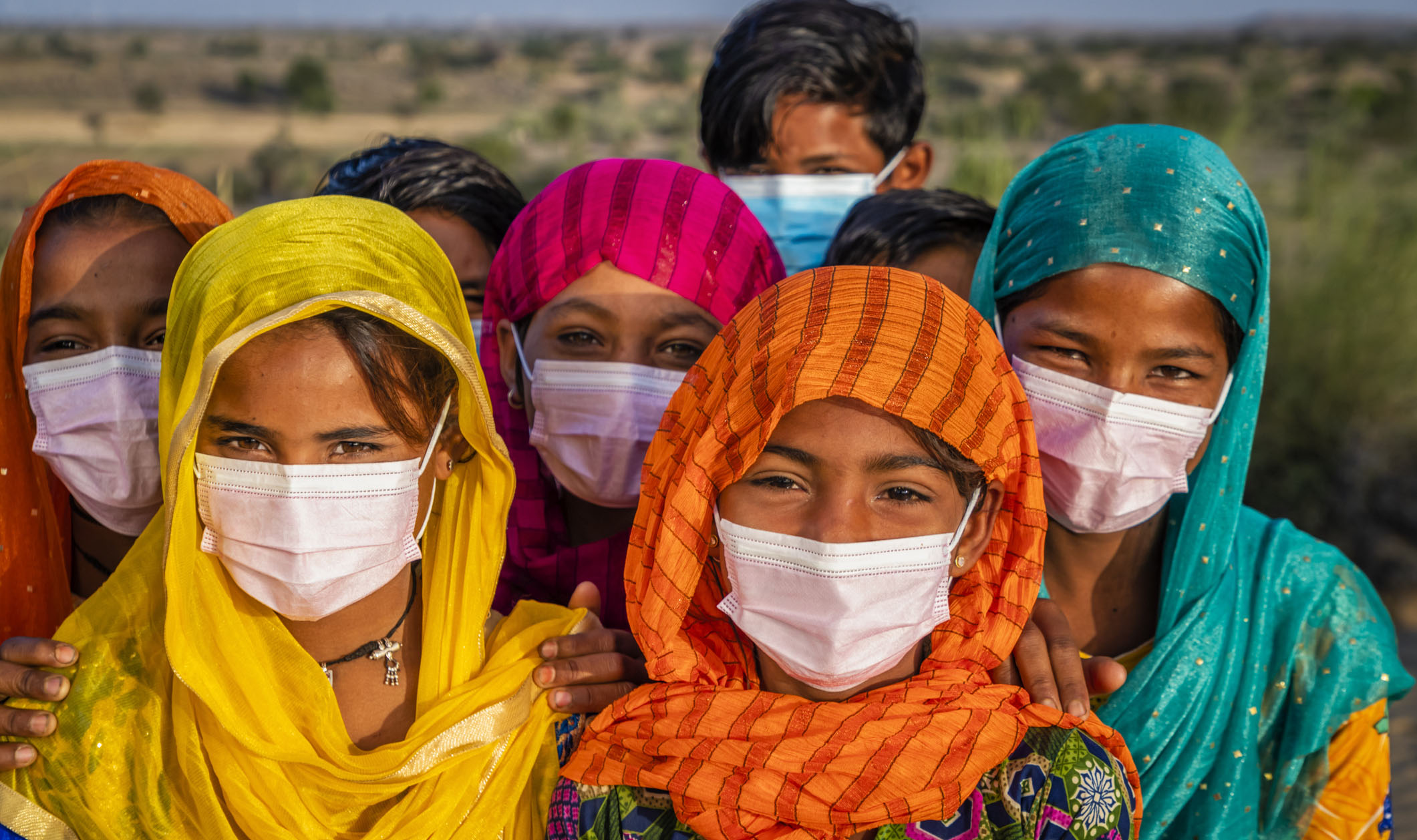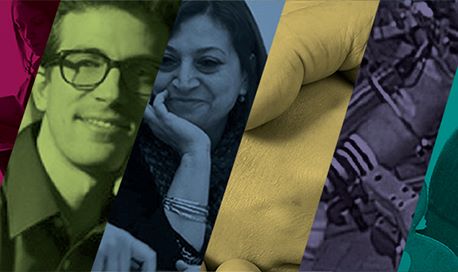Lecturer in MHPSS and Project Design & Management
Institute for Global Health and Development: Research
Dr. Rutledge has served in humanitarian response and development leadership and research for nearly two decades in the Middle East, Sub-Saharan Africa, South Asia, Southeast Asia and the Balkans and Caucasus.
- Overview
- Research Interests
- Research Publications
- Teaching & Learning
Dr. Rutledge is a specialist in multi-sectoral programme design and management, with an emphasis on Mental Health and Psychosocial Support (MHPSS) among displaced and disaster-affected children, youth and adults.
She is also a specialist in monitoring and evaluation (M&E), grant writing, establishing operational systems and team leadership. She has led and managed more than 400 personnel in medium and high risk contexts and has secured nearly 18 million GBP in grant funding for aid and development programming and research.
Kathleen's key field leadership roles have included spearheading a regional emergency response to the conflict and displacement caused by the Syrian civil war and the war with ISIS in Northern Iraq, serving as Country Director for relief and recovery programming in conflict and famine-prone South Sudan, establishing and leading a multi-sectoral relief response in Sri Lanka following the Asia Tsunami and spearheading operations as Relief Coordinator in the wake of a catastrophic cyclone in Myanmar.
In addition to MHPSS, Kathleen has extensive expertise in water, sanitation and hygiene (WASH), livelihoods, emergency nutrition, multi-purpose cash (MPCA) and non-food items (NFIs) programming.
She also has a track record of establishing and facilitating successful partnerships with government, UN, international and local actors – with an emphasis on leading responses involving a coalition of agencies and engaging local non-government agencies and community groups to guide and direct their own development. Kathleen is also a principal investigator and independent consultant leading mixed-methods research that seeks to inform policy and practice.
Her focus is on improving the effectiveness, impact and equity of aid and development initiatives, with an emphasis on ensuring that the rights, needs and capacities of marginalised groups are honoured and engaged throughout the project cycle.
For more than six years her research and writing has focused on examining the role of faith in coping and distress mediation in times of crisis and developing policy and practice guidance for those wishing to improve the cultural and faith-sensitivity of aid and MHPSS programming to the related rights, needs and capacities of individuals affected by disaster.
This focus is a response to the reality of the high level of faith affiliation among populations globally, the harm that can be caused when the rights, needs and capacities of populations are excluded by responders and the reality that, while the Core Humanitarian Standards (CHS) and industry best practices mandate such sensitive responses, there has been limited guidance available in prior years on how to operationalise this appropriately.
Core Competencies:
- Humanitarian & Development Leadership
- Programme Planning & Management
- Field Research & Grant Writing
- Mental Health & Psychosocial Support (MHPSS)
- Monitoring & Evaluation
- Adult Learning Facilitation & Capacity Building
Work Locations:
- Middle East: Iraq (based), Jordan, Lebanon and Syria (partner projects)
- Africa: South Sudan (based), Tanzania (based), Uganda and Ethiopia (partner projects)
- South Asia: Sri Lanka (based), India (partner projects)
- Southeast Asia: Myanmar (based), Thailand (based), Lao PDR and Cambodia (partner projects)
- Southeast Europe/Balkans: Romania, Albania and Bosnia & Herzegovina (partner projects)
- Caucuses: Armenia (partner projects)
International Partnership on Religion and Sustainable Development (PaRD) (since 2022)
Humanitarian Academy for Development (HAD) Research Fellow (since 2018)
Research that may inform policy and practice is of interest, with a particular focus on research that may help improve the well-being and long-term development outcomes of displaced, conflict and/or disaster-affected children, youth and adults living in fragile contexts or other displacement settings.
Specifically, studies that may ultimately inform and improve the effectiveness, impact and equity of multi-layered (i.e. multi-sectoral, coordinated) MHPSS approaches to reduce global distress and/or symptoms of mental health disorders, while engaging local capacities, are of particular interest.
Active research interests:
- Mental Health & Psychosocial Support (MHPSS)
- Forced Migration
- Humanitarian Aid Religion and Development Resilience
- Coping & Well-Being Gender
- Children on the Move
- Community-based Approaches
- Faith-Sensitive Approaches
- Integrated Sectoral Programming (within an MHPSS Approach)
Research Methods:
- Qualitative Methods
- Mixed-Methods
- Practice-Based Research
Research Centre Membership
Kathleen is a Lecturer in Mental Health and Psychosocial Support (MHPSS) and humanitarian and development programme design, management and evaluation.
She facilitates the face-to-face and online Project Design and Management (PDM) modules, the course on Programme Evaluation in Global Health and Development (PEGHD) and co-teaches Community-Based Psychosocial Support (CBPS) and Psychosocial Interventions for Displaced Populations (PSI) for Masters students and field-based professionals.
- Project Design and Management (PDM) (two modules: online and face-to-face)
- Programme Evaluation in Global Health and Development (PEGHD)
- Community-Based Psychosocial Support (CBPS) (co-teaching)
- Psychosocial Interventions for Displaced Populations (PSI) (supporting)


